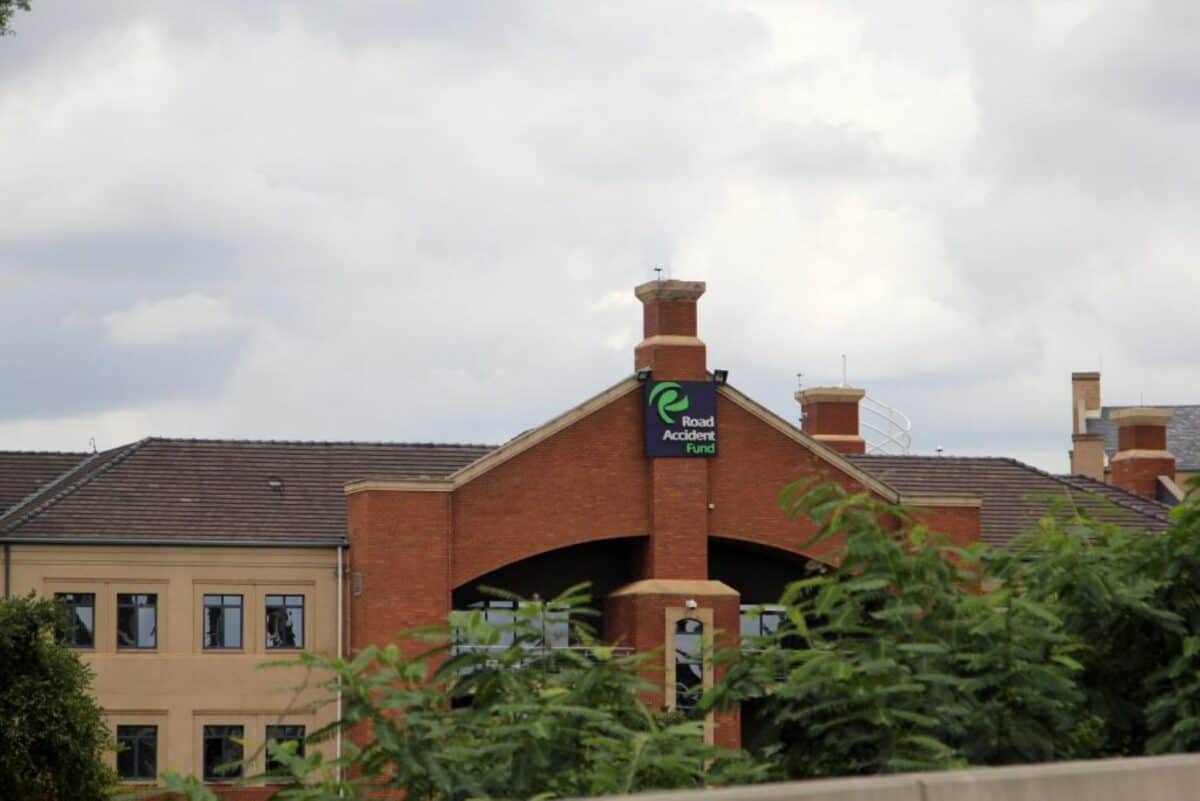A whistleblower details how the RAF’s 2020 overhaul erased support systems and left vulnerable claimants stranded.

The dismantling of the direct claims model, as well as the mass firing of attorneys, plunged the embattled Road Accident Fund (RAF) into crisis, parliament’s standing committee on public accounts (Scopa) heard yesterday.
The decisions crippled services to accident victims and triggered a climate of fear and mass suspensions.
The fund’s former senior manager, Christinah Mthethwa, outlined in her affidavit how years of progress in bringing the RAF closer to road accident victims were abruptly reversed from 2019 onwards – decisions she said undermined service delivery to victims, erased effective operational systems and weakened the RAF.
Former RAF manager tells Scopa how leadership decisions erased progress
RAF’s direct claims strategy, launched in 2014, was meant to free the fund from its dependence on expensive external lawyers.
Claimants could lodge claims directly with the RAF instead of through attorneys, cutting legal fees and improving access for the poor, she said.
ALSO READ: N1 Limpopo bus crash: will foreign nationals get paid out?
The strategy quickly bore fruit, with direct claims rising from 22 000 in 2014, to nearly 41 000 by 2019, according to Mthethwa, the fund’s axed manager for direct claims who also served as acting senior manager for litigation.
The RAF had opened walk-in customer service centres in smaller provinces, stationed consultants in hospitals and deployed case managers, who are qualified nurses and rehabilitation experts, to help injured victims access care and RAF-funded medical support.
“It was a model that finally placed victims at the centre… For the first time, people could access RAF help from their hospital bed,” Mthethwa said.
‘Cease all direct claims operations’
But in early 2020, the entire framework was dismantled without warning or documentation, with regional managers told in a January 2020 virtual meeting to “cease all direct claims operations immediately”.
All direct claims branding had to be removed, marketing material was destroyed and hospital-based consultants were recalled, she said.
ALSO READ: RAF ‘cheated the books to hide insolvency’
The SharePoint database that stored a decade of claimant records was deleted and it was as if the programme never existed.
The decision was part of a “strategic shift” that saw the RAF retreat to a fully attorney-driven system, despite the fund’s own earlier data showing legal fees had swallowed up as much as 21% of its total payouts, amounting to more than R4 billion a year.
Shortly after the direct claims unit was disbanded, the RAF terminated its entire panel of external attorneys in 2020, leaving thousands of active court cases in limbo, she said.
Chaotic environment
Mthethwa, who was appointed to oversee litigation in Johannesburg after the purge, said she arrived to a chaotic environment.
“Claims handlers suddenly inherited thousands of cases, often 1 500 per person, on top of hundreds of daily inquiries. It was humanly impossible,” she said.
ALSO READ: RAF leaves hospital bankrupt and victims stranded
When cases inevitably collapsed, Mthethwa said she was pressured to identify employees for suspension.
“We were told to compile lists of staff responsible for delayed or defaulted cases. These were not misconduct cases, they were capacity failures. Still, people were suspended en masse.”
Over 200 claims officers were targeted between 2020 and 2022, creating a climate of fear, instability and distrust.
Climate of fear, instability and distrust
“Many experienced staff resigned, others sat at home for years without charges,” she said.
With the disbanding of the direct claims and case management units, thousands of road accident victims, especially those too poor to hire lawyers, were left stranded, she told Scopa.
ALSO READ: RAF pays the money: Over R17bn in six months
“No-one from the RAF now assists claimants with caregivers, medical devices or rehabilitation. The personalised care that once existed is gone. The very people the RAF was created to serve are suffering the consequences.”
Mthethwa, who was fired in December 2023, in connection with the alleged scapegoating at the now-closed Sunshine Hospital, insisted that her affidavit was not revenge, but a plea for accountability.






